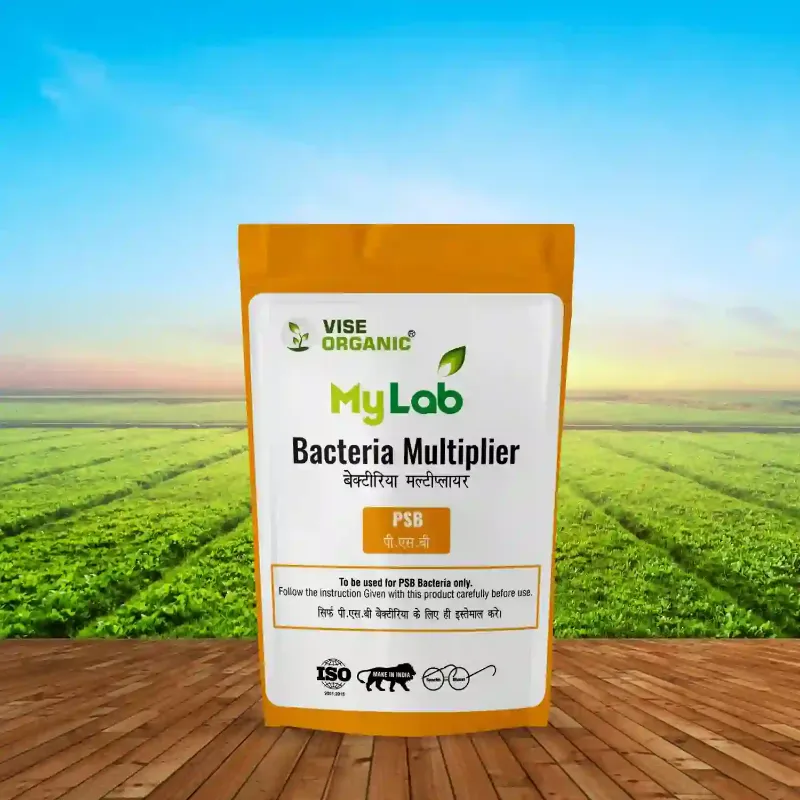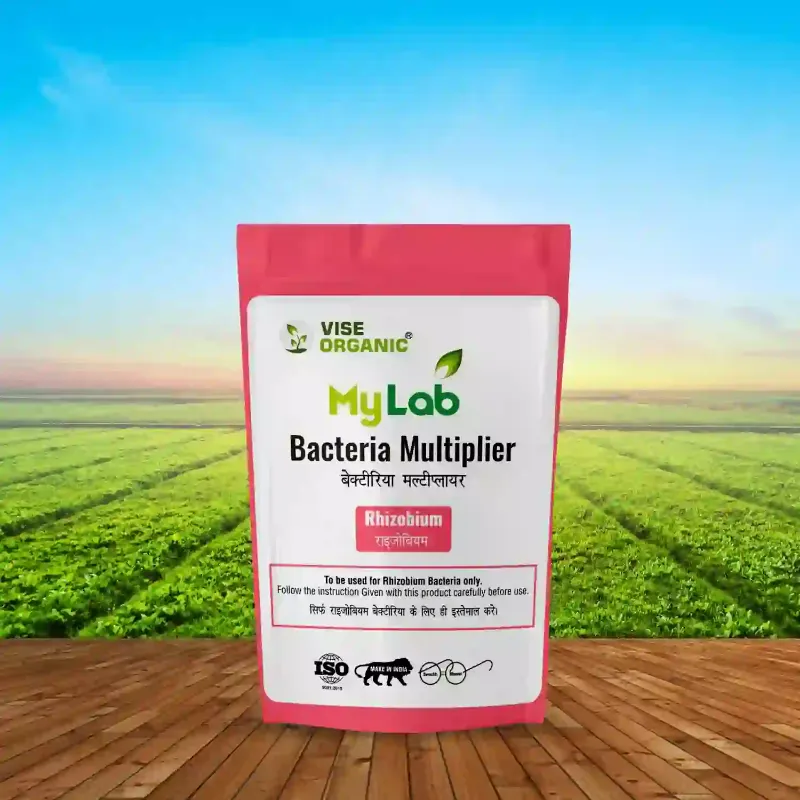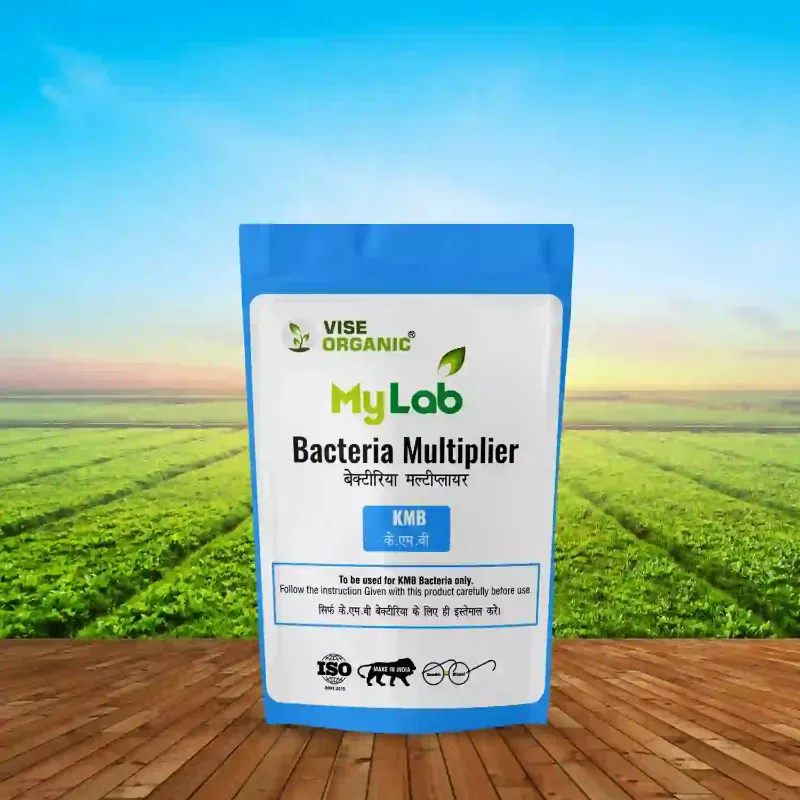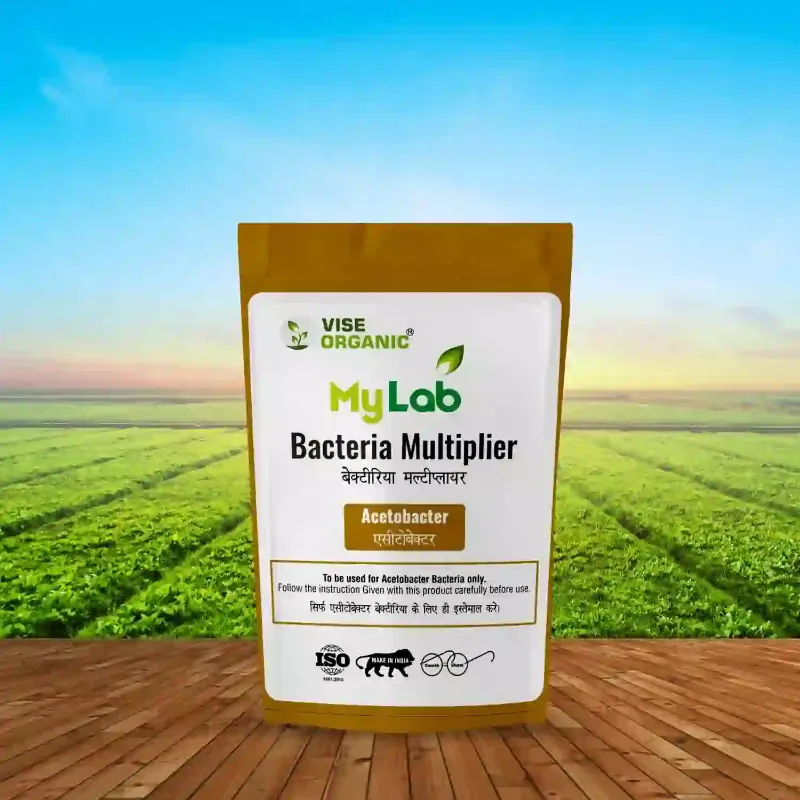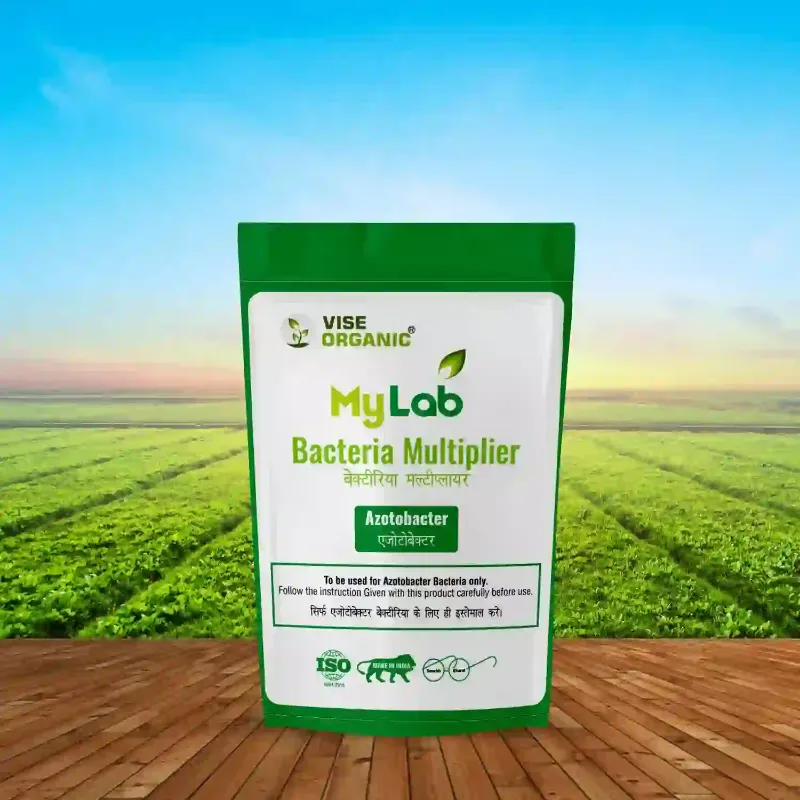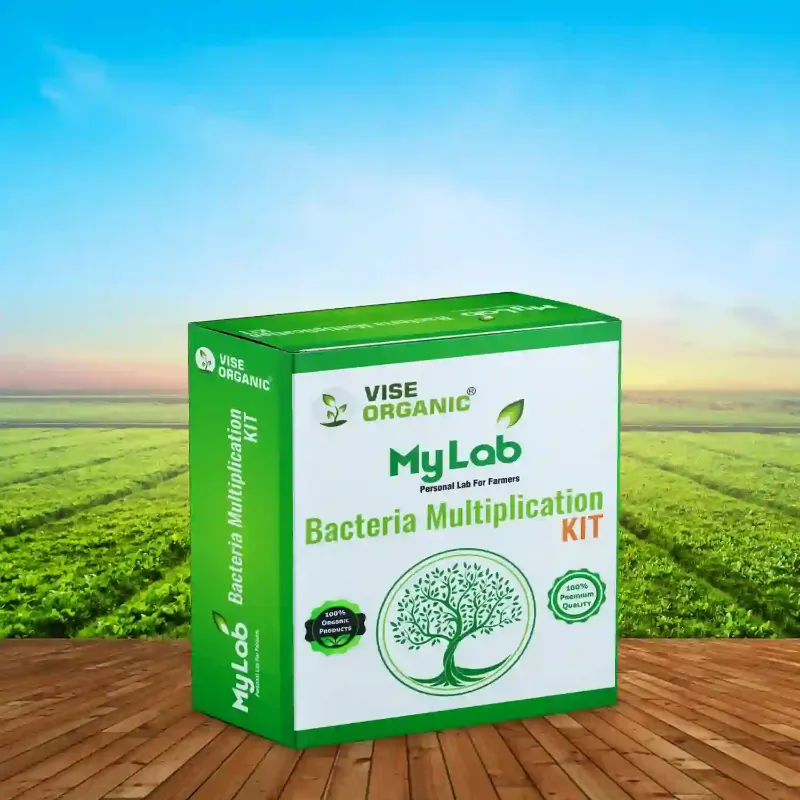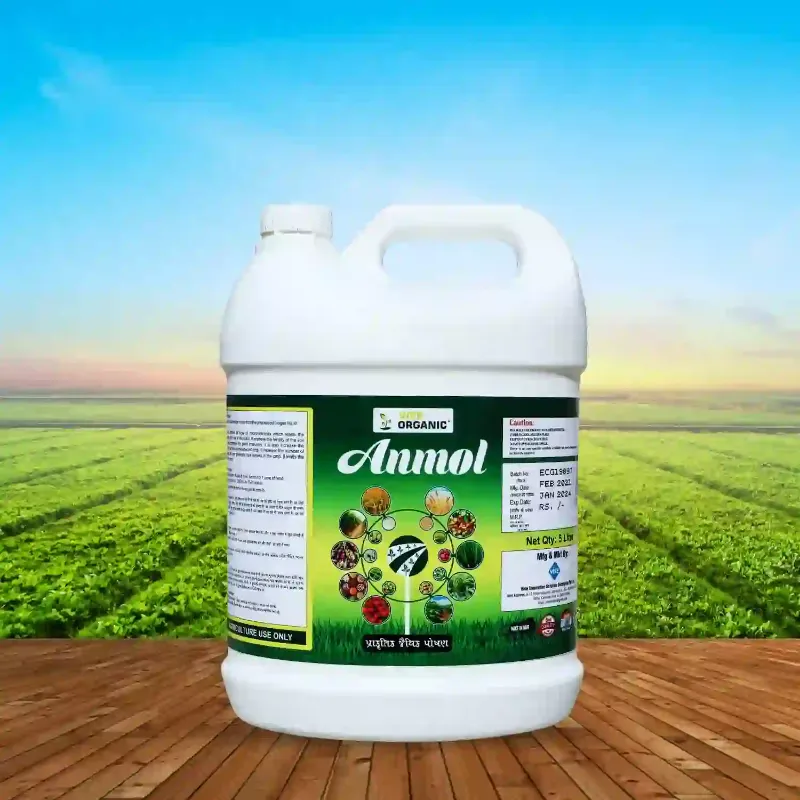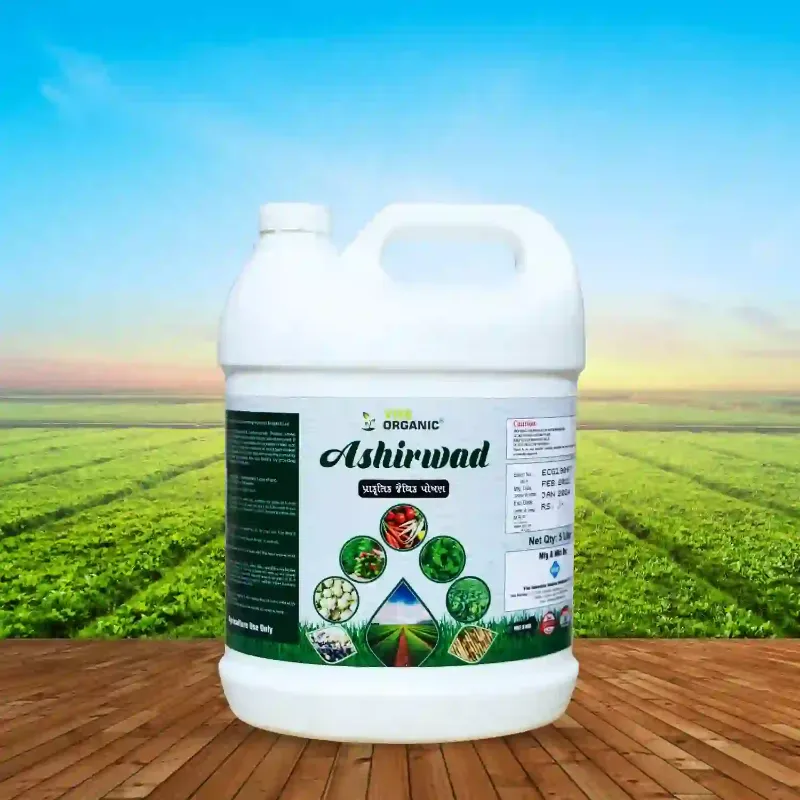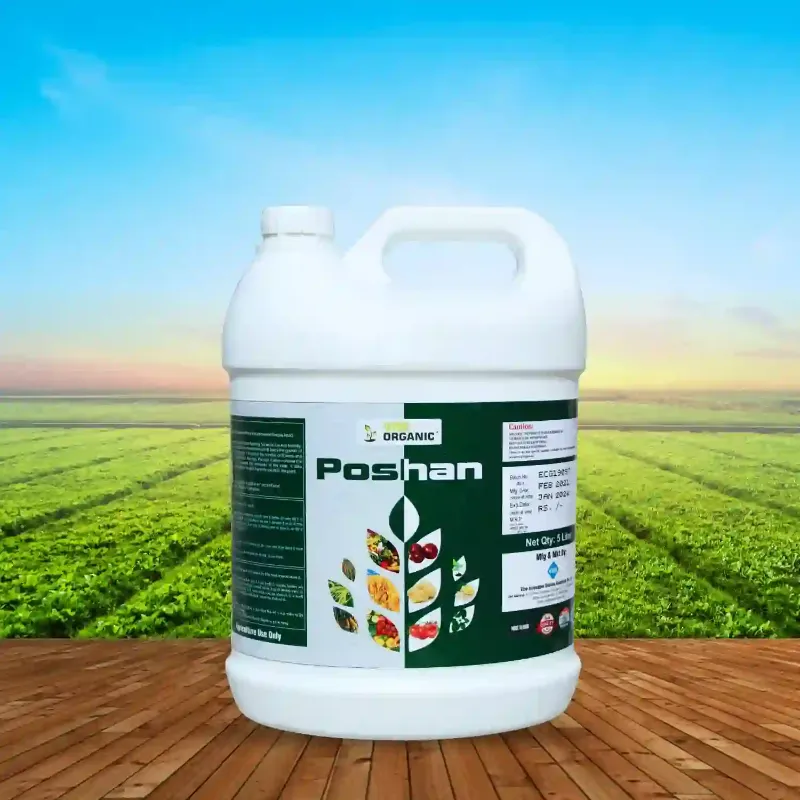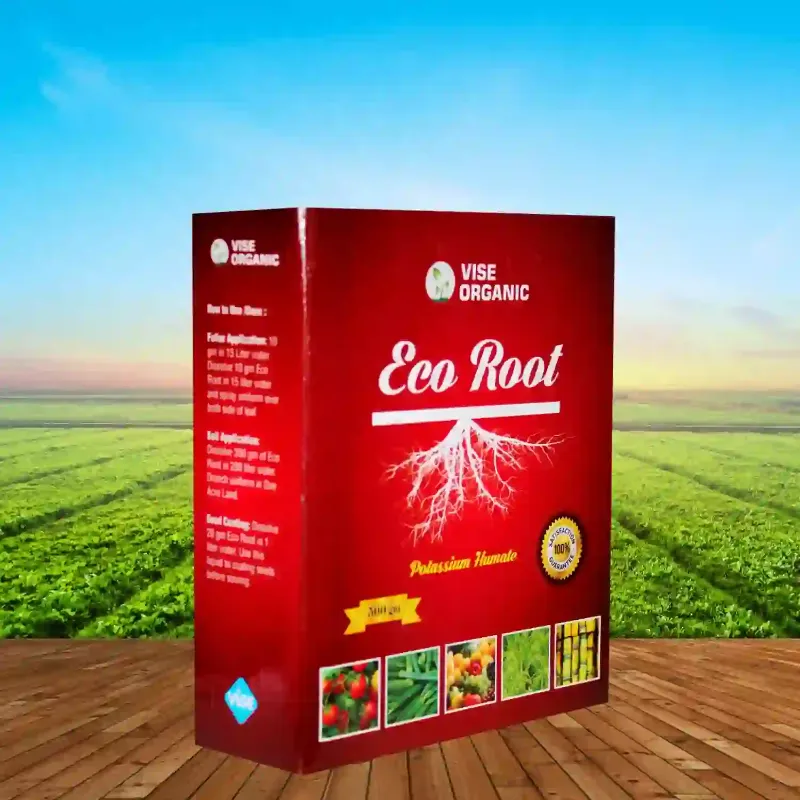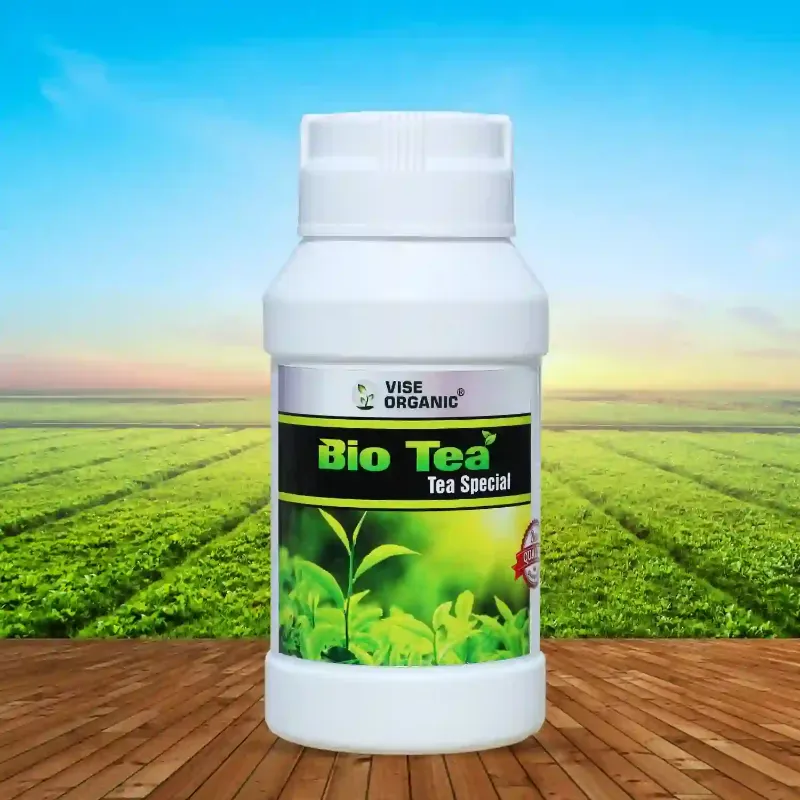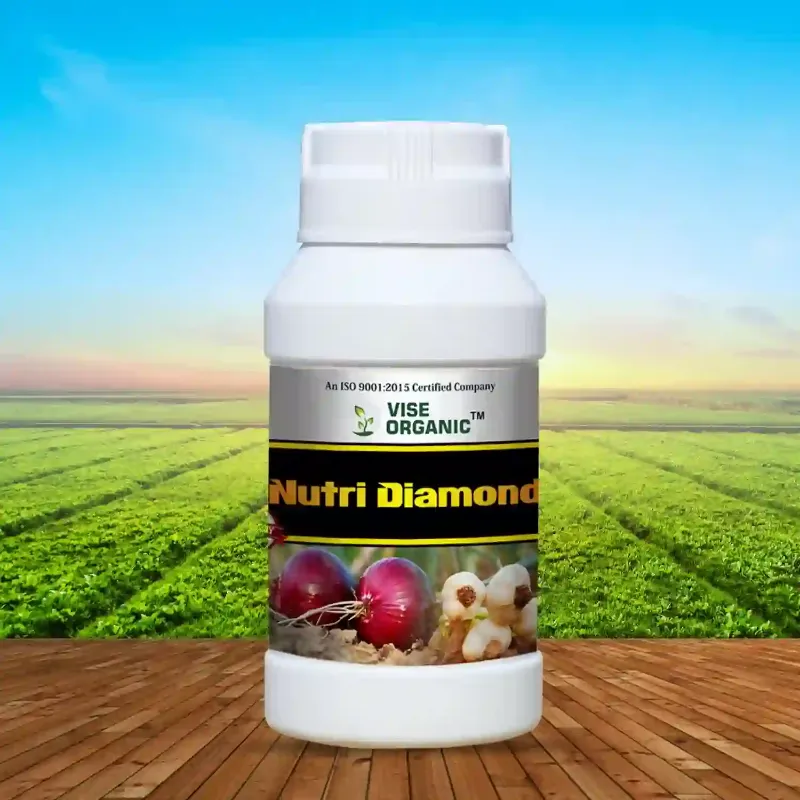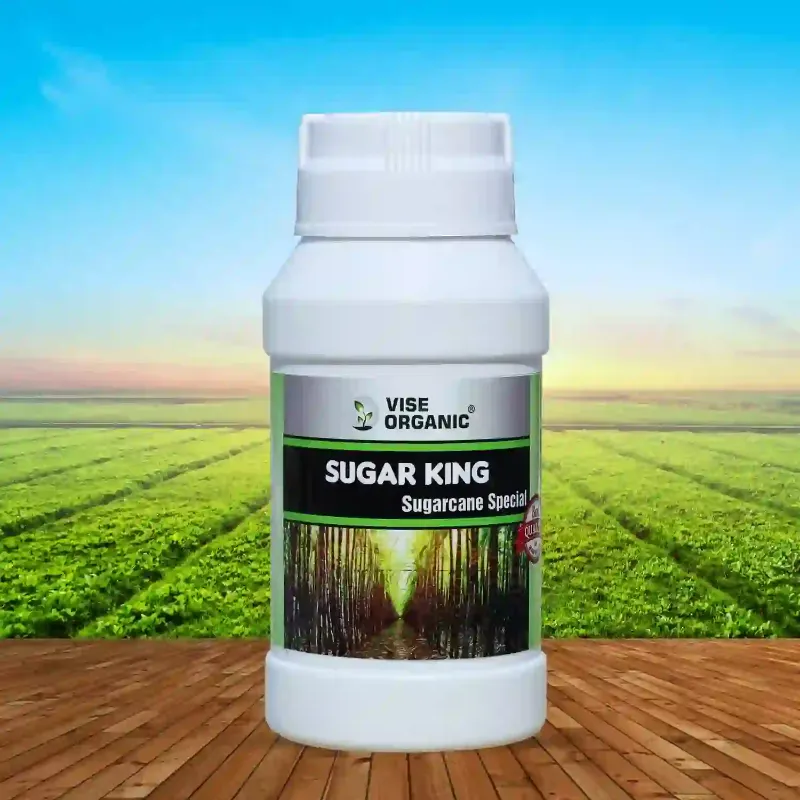Balanced nutrient management is essential for optimizing crop growth, maximizing yields, and ensuring the long-term health of agricultural soils. Liquid NPK fertilizers play a crucial role in this process by providing crops with the essential macronutrients—Nitrogen (N), Phosphorus (P), and Potassium (K)—in a readily available form. This blog will explore how Liquid NPK contributes to balanced nutrient management, the benefits of using it in agriculture, and why it’s a key component in modern farming practices.
Understanding Liquid NPK Fertilizers
Liquid NPK fertilizers are a concentrated solution of the three primary macronutrients required by plants: Nitrogen, Phosphorus, and Potassium. Each of these nutrients plays a specific role in plant development:
- Nitrogen (N): Vital for vegetative growth, nitrogen is a major component of chlorophyll, which is necessary for photosynthesis. It also forms part of amino acids, the building blocks of proteins.
- Phosphorus (P): Essential for energy transfer within the plant, phosphorus is involved in the formation of DNA, RNA, and ATP, driving processes like cell division and root development.
- Potassium (K): Important for overall plant health, potassium regulates various physiological processes, including water uptake, enzyme activation, and the synthesis of proteins and starches.
Liquid NPK fertilizers provide these nutrients in a form that plants can easily absorb through their roots and foliage, ensuring a quick and efficient supply of nutrients when needed. Unlike granular fertilizers, which require time to dissolve and become available to plants, Liquid NPK can be rapidly taken up, making it particularly useful during critical growth stages.
Benefits of Using Liquid NPK Fertilizers
- Rapid Nutrient Uptake: Liquid NPK fertilizers are quickly absorbed by plants, ensuring that nutrients are available exactly when the plants need them.
- Precision Application: The liquid form allows for more precise application, reducing the risk of over- or under-fertilization and minimizing nutrient runoff.
- Even Distribution: Liquid NPK fertilizers can be evenly distributed across the soil or applied directly to plant foliage, ensuring uniform nutrient availability.
- Compatibility with Irrigation Systems: Liquid NPK can be easily integrated into irrigation systems, allowing for fertigation—a process that combines fertilization and irrigation for efficient nutrient delivery.
- Improved Soil Health: By providing balanced nutrition, Liquid NPK fertilizers help maintain soil fertility and prevent nutrient depletion over time.
- Enhanced Crop Yields: The balanced and timely supply of nutrients provided by Liquid NPK fertilizers supports optimal plant growth, leading to higher yields.
- Flexibility in Application: Liquid NPK can be applied at various stages of crop growth, from seedling to maturity, making it a versatile option for farmers.
- Reduced Environmental Impact: Precision application and rapid uptake reduce the potential for nutrient runoff and leaching, minimizing environmental pollution.
How Liquid NPK Contributes to Balanced Nutrient Management in Crops
1. Ensuring a Steady Supply of Essential Nutrients
Liquid NPK fertilizers provide a consistent and balanced supply of the essential macronutrients that crops need to thrive. By delivering nitrogen, phosphorus, and potassium in a readily available form, these fertilizers ensure that plants receive the right nutrients at the right time, preventing nutrient deficiencies and promoting healthy growth. This steady nutrient supply is especially important during critical growth stages such as flowering, fruiting, and seed development, where nutrient demand is high.
2. Optimizing Nutrient Uptake Efficiency
One of the key advantages of Liquid NPK fertilizers is their high nutrient uptake efficiency. The liquid form allows for rapid absorption by plant roots and leaves, reducing the time it takes for nutrients to become available to the plant. This is particularly beneficial in situations where crops require an immediate nutrient boost, such as during periods of stress or rapid growth. Additionally, the precision application of Liquid NPK fertilizers minimizes nutrient losses due to volatilization, leaching, or runoff, ensuring that more of the applied nutrients are used by the plants.
3. Supporting Sustainable Farming Practices
Sustainable agriculture aims to meet the needs of the present without compromising the ability of future generations to meet their own needs. Liquid NPK fertilizers contribute to this goal by promoting efficient nutrient use and reducing the environmental impact of fertilization practices. The precision application of Liquid NPK reduces the risk of nutrient runoff into waterways, a major cause of water pollution and eutrophication. By improving nutrient uptake efficiency and reducing waste, Liquid NPK fertilizers support sustainable farming practices that protect natural resources while maintaining high crop productivity.
4. Enhancing Crop Quality and Yields
Balanced nutrient management is essential for achieving high-quality crops with optimal yields. Liquid NPK fertilizers provide the necessary nutrients in the right proportions to support vigorous plant growth, strong root systems, and healthy fruit and seed development. By ensuring that crops receive the nutrients they need throughout their growth cycle, Liquid NPK fertilizers help farmers achieve higher yields and produce crops of better quality. This is particularly important in high-value crops such as fruits, vegetables, and grains, where both yield and quality directly impact profitability.
5. Adapting to Diverse Cropping Systems
Liquid NPK fertilizers are highly adaptable to a wide range of cropping systems, from traditional field crops to modern greenhouse operations. Their versatility allows them to be used in various application methods, including soil drenching, foliar spraying, and fertigation. This flexibility makes Liquid NPK an ideal choice for farmers who need to tailor their fertilization practices to the specific needs of their crops and growing conditions. Whether used in large-scale commercial agriculture or small-scale organic farming, Liquid NPK fertilizers can be effectively integrated into diverse cropping systems to support balanced nutrient management.
Conclusion
Liquid NPK fertilizers play a vital role in balanced nutrient management, providing crops with the essential macronutrients needed for optimal growth and development. Their rapid uptake, precision application, and compatibility with various cropping systems make them an invaluable tool for modern agriculture. By ensuring a steady supply of nitrogen, phosphorus, and potassium, Liquid NPK fertilizers support sustainable farming practices, enhance crop yields, and improve the overall quality of agricultural produce.
For farmers seeking to maximize productivity while minimizing environmental impact, Liquid NPK fertilizers offer a reliable and effective solution. By integrating these fertilizers into their nutrient management plans, farmers can achieve better crop performance, maintain soil health, and contribute to a more sustainable and resilient agricultural system.

